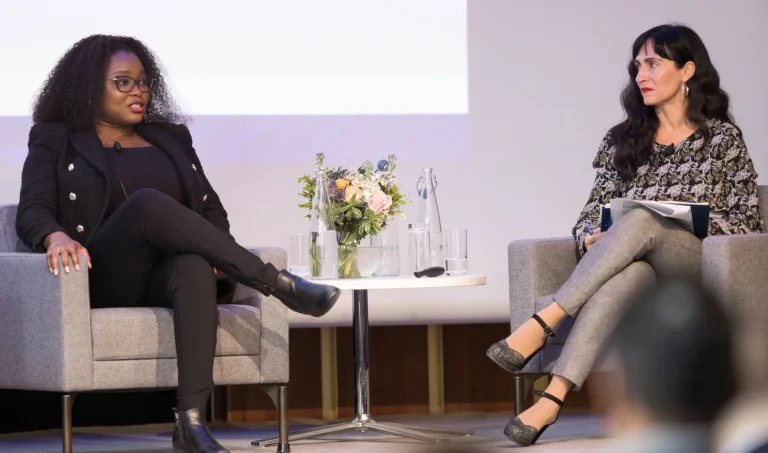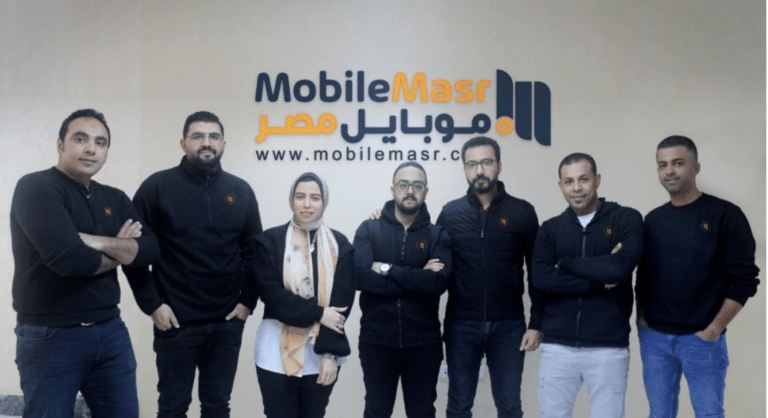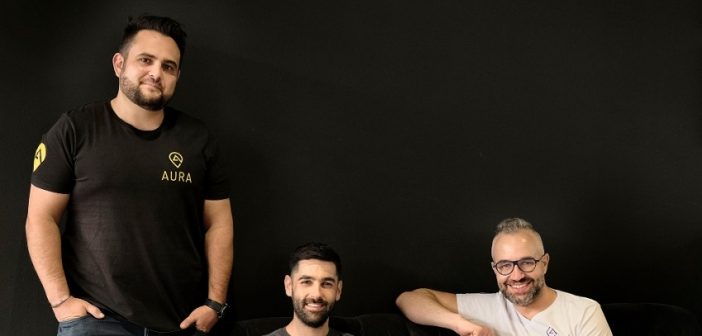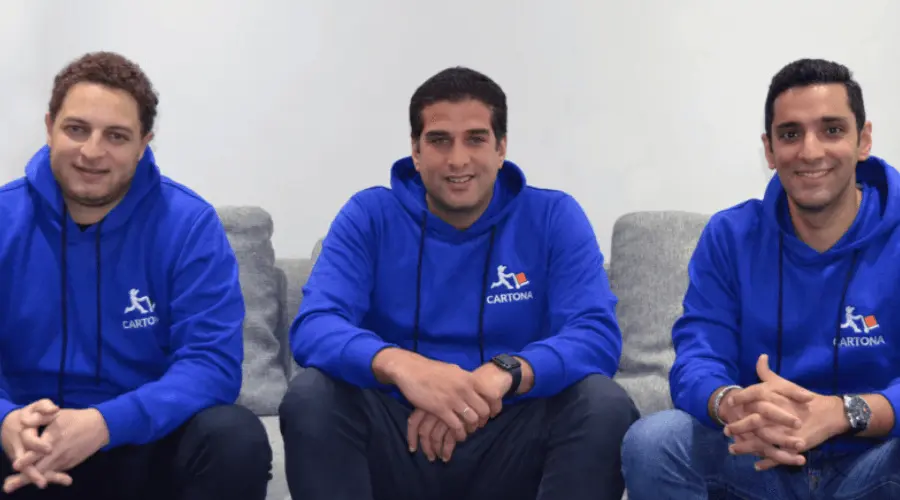AI startup, Humane Inc. Secures $100 million in a Series C Round Without a Product
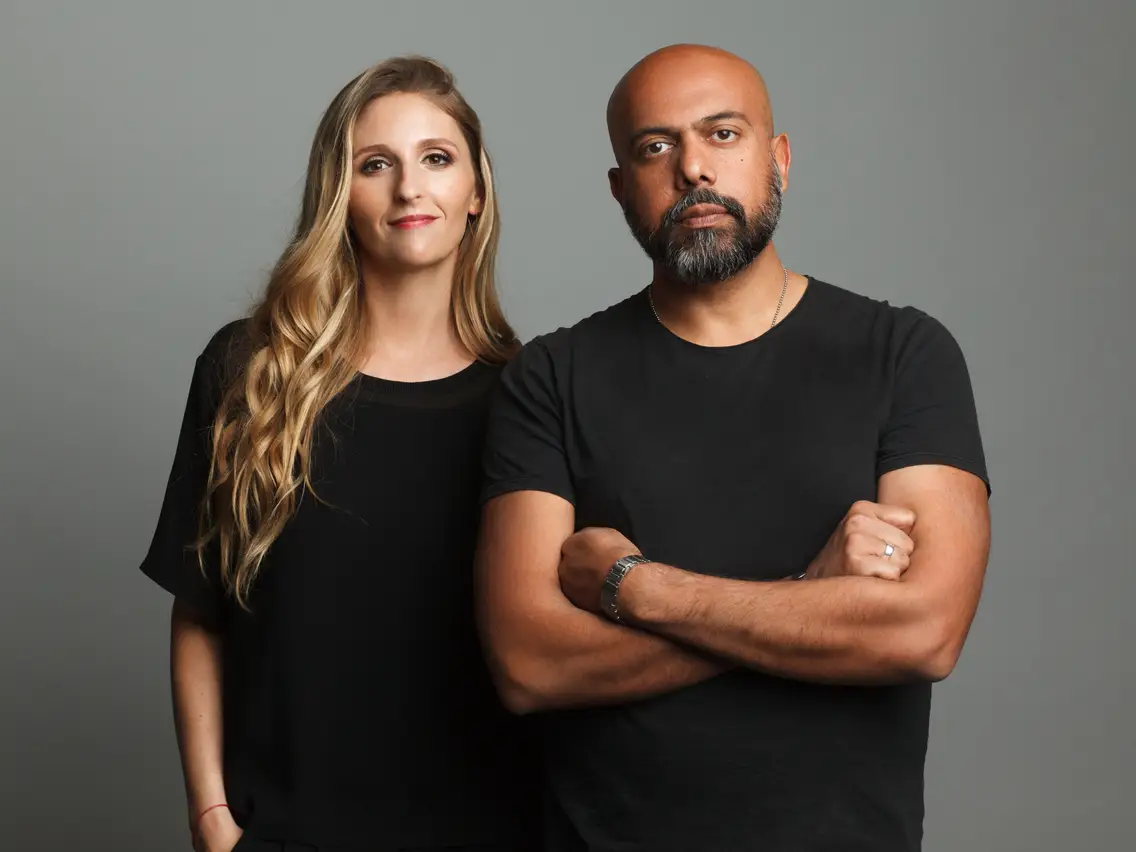
Imran Chaudhri and Bethany Bongiorno, co-founders of the business Humane, which was created by the former Apple design and engineering team, have received an additional $100 million to develop what they refer to as an “integrated device and cloud services platform” for AI.
Humane’s work is shrouded in obscurity. But its most recent round of funding, a Series C, drew a long list of famous investors, including OpenAI’s CEO and co-founder Sam Altman, Kindred Ventures (which led the round), SK Networks, LG Technology Ventures, Microsoft, Volvo Cars Tech Fund, Tiger Global, and Qualcomm Ventures.
Marc Benioff, CEO of Salesforce, and other current and prior investors have contributed $230 million to Humane so far. The personnel has increased in line with this growth and presently employs 200 employees.
In an email conversation with TechCrunch, Chaudhri said, “Our Series C round gave chance to raise money through equity, and to bring on board outstanding VCs and strategic partners who would like to participate in equity as the company expands. At Humane, we’re creating a platform for devices and services that is unique; we’re expanding quickly and have been concentrating on innovation, research, and development.
These ambitious claims are typical of Humane, which gained attention after hiring scores of celebrated ex-Apple workers who were in charge of the touchscreen keyboard on the iPhone, aspects of Apple’s industrial design, and the foundation for services like iCloud, Apple Pay, and Home. While Bongiorno assisted in overseeing software development for the iPhone, iPad, and eventually the Mac, Chaudhri himself was responsible for designing the iPhone’s home screen.
Both Chaudhri and Bongiorno are not yet prepared to discuss the project that Humane has been working on for the past five years. A reveal is promised by the husband-and-wife team this spring. Yet, Humane’s employment practices and patent portfolio offer some hints.
In 2020, Humane submitted a USPTO application (noticed by 9to5Google) for a “body-worn device” that doesn’t have a display and instead employs a “laser projection system”; in other words, projected AR glasses that can recognize items in the physical world and overlay digital imagery over them. In fact, Humane was just three years ago soliciting Android developers to make apps for “personal live broadcasting,” “senior monitoring,” “memory recall,” and “personal guide,” among other uses.
John Gruber, a well-known writer, presents a somewhat different vision, one that is supported by a leaked version of Humane’s 2021 presentation deck. The device, which he compares to a Star Trek communicator badge, has a lidar sensor for world mapping and hand gesture detection as well as an AI-connected, always-on camera that saves images and videos to the cloud.
In a little amount of process transparency, Humane did today disclose a number of strategic alliances with its investors.
In order to promote its platform and services, Humane says it is collaborating with SK Networks and Microsoft, with Microsoft providing the cloud computing capacity and SK Networks managing distribution. In the meanwhile, Humane is working with OpenAI to include its technology into the startup’s device, in whatever precise shape that may take.
For its part, LG is collaborating with Humane on research and development initiatives for the following stage of its product lifecycle as well as on the adaptation of Humane’s technology for smart home appliances. And Humane and Volvo are working together on a future automobile industry proposition.
Chaudhri claims Qualcomm is also a partner, which would make sense based on the aforementioned patent. The patent schematics also show a Qualcomm Snapdragon chip coupled with a camera, 3D camera, depth sensor, heart rate sensor, and a wearable battery in addition to the laser projection system.
That is because of the caveated terminology (such as “possible automobile industry offering”) and the lack of specific, useful information. With Altman’s personal engagement, is the partnership with OpenAI purely a client-vendor relationship or something deeper? How could Humane’s technology work in both the automotive and smart home markets?
Beyond declaring that “trust and privacy” have been priorities for Humane “since day zero,” the company stays mum. Chaudhri stressed Humane’s investment in AI again and over again.
The majority of our daily activities can be transformed by AI, but doing so necessitates a significant amount of data, she added. We are, in fact, creating platforms and devices for a new era, which necessitates a continuous process of creation and renovation.
Call me cynical, but I’m leery of startups that have big war chests of cash but no discernible commercial product.
One that comes to mind is Magic Leap, which years before presenting its initial prototype built huge fanfare but ultimately fizzled and very nearly died. Similar to Humane, Magic Leap has strong backers, including AT&T, Google, and Alibaba Group, as well as alliances with studios like Disney’s Lucasfilm. However, the firm’s technological shortcomings caused investors to lower Magic Leap’s valuation and the company’s management to change its focus from the consumer to the enterprise markets.
Not all high-profile hardware failures in recent years have involved Magic Leap. Andy Rubin, the man behind Android, shut down his company Essential after making promises about a whole ecosystem of products but only delivering one Android phone. Nothing, founded by former OnePlus CEO Carl Pei, has had significantly better success, but it has also faced difficulties.
The following is also from Gruber’s blog:
According to reliable sources, Apple is not interested in working with Humane. Bongiorno and Chaudhri did not split ways amicably because Chaudhri in particular was thought to have taken too much credit for tasks completed by a bigger team. I’m not sure if it is accurate, but in Cupertino, that is how some people perceive him.
I don’t think Humane will become extinct like Magic Leap, Essential, or Nothing. One benefit has been greater expectation management. Nonetheless, even prosperous hardware firms have ultimately failed. Have a look at Pebble or Nest, another business started by a reputable ex-Apple crew.
In other words, whether or not you have the top tech talent under one roof, experience has taught us that there are no guarantees.
I’ll leave you with this declaration made by Kindred’s founder and managing partner, Steve Jang:
“When I originally met the Humane team and led their seed round in 2019, we were blown away by the vision of AI and contextual computing. The founders, Bethany and Imran, and much of the team also led by Patrick Gates, CTO, had come from Apple and served as an integral part of designing and building the iPhone, iPad, Watch and iOS platform. In their time and work there, they experienced the power and the limitations of the smartphone era. In our very first discussion, we were excited by their vision to bring a more humane and personalized computing experience. The Humane team continues to make great progress toward a future of AI that is human-centric and enabling.”
A tantalizing prospect? Sure. I’ll believe it when I see it, though.


